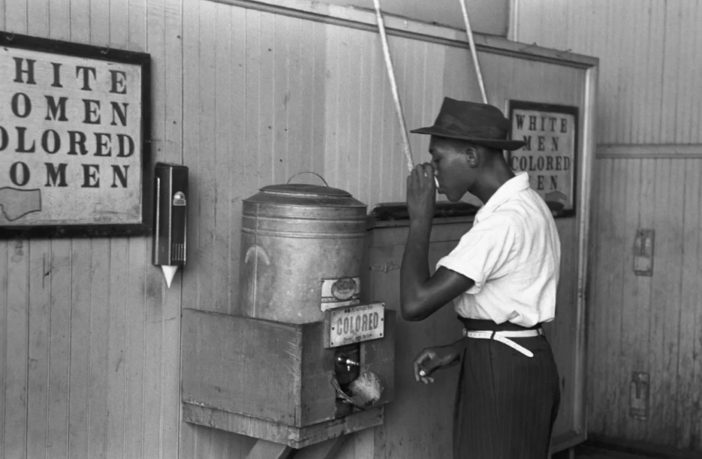by Aziah Siid
The Florida Department of Education officially launched its 2023 Black History Month Student and Educator Contests with the theme of celebrating the achievements of African American Floridians.
In the same breath, they’ve rejected the College Board’s AP African American course for high school students.
On Jan. 19, news broke that Gov. Ron DeSantis’ administration wrote a letter to College Board, the nonprofit organization that administers SAT exams and AP classes, stating the course is “explicitly contrary” to state law and “lacks educational value.”
Florida has one of the largest Black populations in the country, but Blacks are still being treated as insignificant in education.KAREEM ABDUL-JABBAR
The interdisciplinary course — like any other AP course — explores the vital contributions and experiences of African Americans in literature, political science, geography, arts, humanities, and science, according to the College Board’s website.
“In the future, should College Board be willing to come back to the table with lawful, historically accurate content, FDOE will always be willing to reopen the discussion,” the letter stated.
Kareem Abdul-Jabbar, legendary former professional basketball player, and current author and cultural commentator, addressed the administration’s continued disregard for African American history in education.
RELATED: Schools Don’t Need Critical Race Theory. They Need Ethnic Studies
“I don’t understand how a state like Florida, which is 46.7% non-White (53.3% Non-Hispanic White) allows the whitewashing of ethnic history and culture,” he wrote.
“Florida has one of the largest Black populations in the country, but Blacks are still being treated as insignificant in education.”
Abdul-Jabbar spoke to DeSantis’ opinion of the course not having any “educational value” by listing Michelle Obama, Mae Jemison, Angela Bassett, Aaron McGruder, and Gloria Naylor as successful Black people who received degrees in Black Studies.
“At the time, most people didn’t think it was a legitimate course of study. To them, Black history and culture was just slavery, pimps, and tap dancing,” Abdul-Jabbar said in reference to education in the 60s and 70s.
“What more was there to say after day one? That was the point: to broaden our children’s knowledge of and respect for a people who were nearly invisible in their history books.”
In response to the decision, College Board issued a statement pointing out that, “like all new AP courses, AP African American Studies is undergoing a rigorous, multi-year pilot phase, collecting feedback from teachers, students, scholars, and policymakers. The process of piloting and revising course frameworks is a standard part of any new AP course, and frameworks change significantly as a result.”
The Advanced Placement program, which was developed alongside higher education schools, is the first African American course offered by the College Board. The course is currently offered in 60 schools across the country for the 2022-2023 academic year.
The goal is to offer the course to all schools by 2024 and administer the first AP African American exam by Spring 2025, according to the College Board’s website.
Rejection of the curriculum follows efforts by DeSantis’ to limit the teaching of what he believes to be critical race theory (CRT) in Florida schools.
In 2021, the state passed a law that banned the teaching of the concept, which examines the history of systematic racism in the United States. In April 2022, the Florida Department of Education rejected 54 math books for the K-12 curriculum, claiming the textbooks “indoctrinate” students with CRT.
Nine months later, students, politicians, and caregivers within the system have spoken out against the continued attempt to whitewash crucial history all students, particularly Black students, should know.
“This political extremism and its attack of Black History and Black people, is going to create an entire generation of Black children who won’t be able to see themselves reflected at all within their own education or in their own state,” Democratic state Sen. Shevrin Jones said.
In a Twitter repost, Ameisha Cross, a political analyst at Sirius XM, noted the obvious disregard of Black history compared to other cultural academia.
“Clearly every history except Black is seen as worthy of further development, exploration and understanding in Florida under DeSantis’ leadership,” Cross wrote. “Black history is American history. Striking it from curriculum does students a grave disservice, and makes America weaker for it.”
Get Word In Black directly in your inbox. Subscribe today.
Help us Continue to tell OUR Story and join the AFRO family as a member –subscribers are now members! Join here!



